In a significant development within the realm of autonomous vehicle technology, Tesla has initiated steps to challenge a substantial verdict amounting to $243 million, stemming from a high-profile crash involving its Autopilot system. This legal maneuver underscores the ongoing complexities and challenges faced by the automotive giant as it navigates the intersection of innovation and accountability.
The case in question revolves around an incident where a Tesla vehicle operating under its Autopilot feature was involved in a collision, raising critical questions about the safety and reliability of advanced driver-assistance systems. The jury's decision, which resulted in the hefty financial penalty, has sparked a wave of discussions regarding the implications for both Tesla and the broader industry as it embraces the future of automated driving.
Tesla's legal team argues that the ruling was predicated on misunderstandings related to the capabilities of the Autopilot system. They contend that the technology, while advanced, is not infallible and requires driver supervision at all times. This assertion highlights a crucial aspect of the ongoing debate surrounding autonomous vehicles: the balance between technological advancement and user responsibility.
As Tesla seeks to overturn the verdict, the case serves as a pivotal moment in the dialogue about the future of transportation. The company's commitment to innovation is evident, yet it must also address the legal and ethical responsibilities that accompany such groundbreaking advancements. The outcome of this appeal could set a significant precedent, influencing not only Tesla's operational framework but also the regulatory landscape governing autonomous vehicles.
In pursuing this reversal, Tesla aims to reinforce its position as a leader in the electric vehicle market while simultaneously advocating for a clearer understanding of the limitations and expectations associated with its Autopilot technology. The implications of this case extend beyond the courtroom, potentially shaping consumer perceptions and regulatory approaches to autonomous driving systems in the years to come.
As the legal proceedings unfold, stakeholders across the automotive industry will be closely monitoring the developments. The case encapsulates the broader challenges faced by companies at the forefront of technological innovation, where the pursuit of progress must be balanced with accountability and safety considerations. Tesla's decision to contest the verdict reflects its commitment to not only advancing automotive technology but also ensuring that the narrative surrounding its innovations is accurately portrayed.
In conclusion, Tesla's pursuit of a reversal of the $243 million verdict in the Autopilot crash case is emblematic of the ongoing tensions between innovation and regulation in the rapidly evolving landscape of autonomous vehicles. As the company navigates this legal challenge, the implications for its future, as well as the future of the industry, remain profound and far-reaching.

















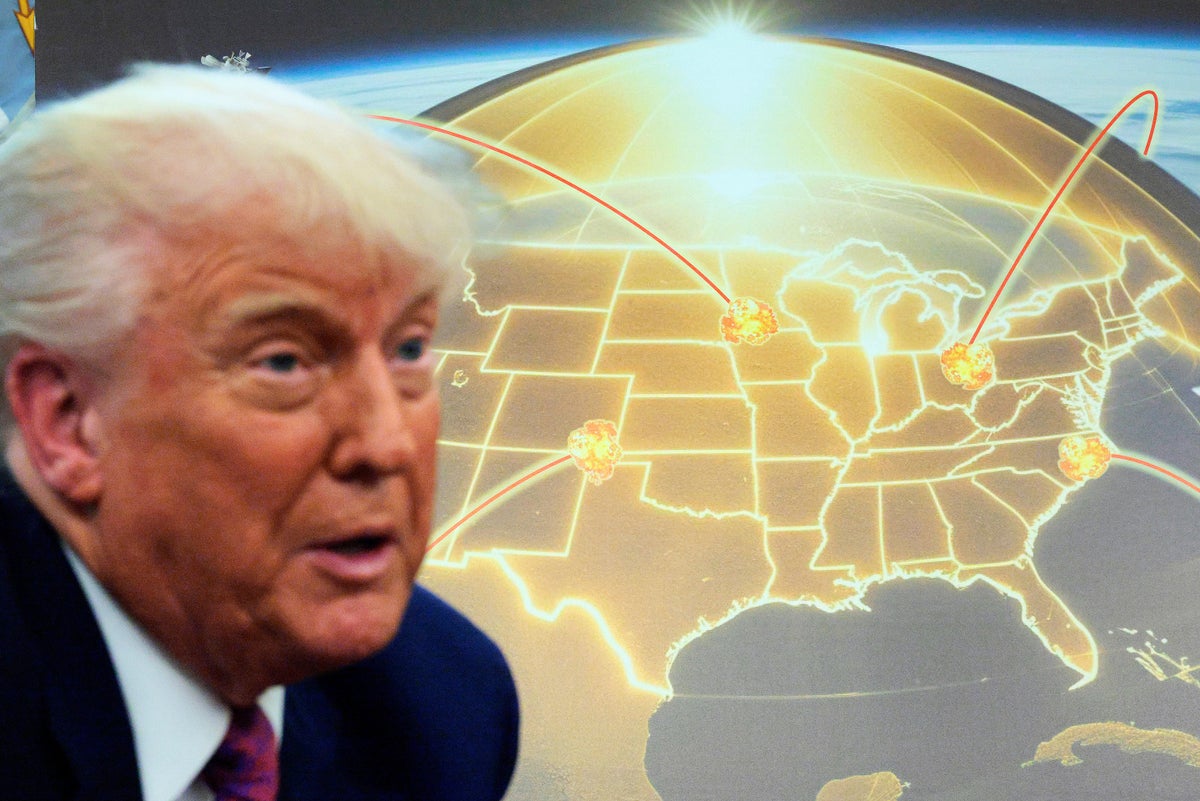
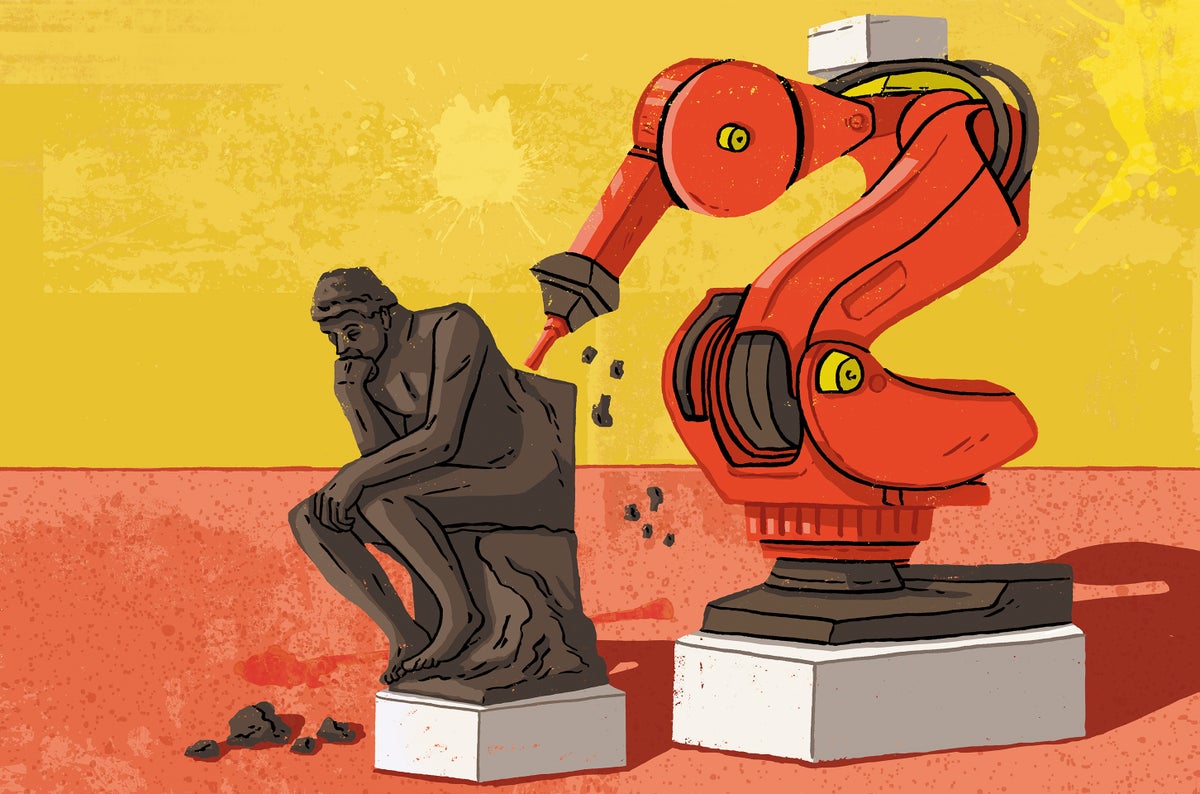
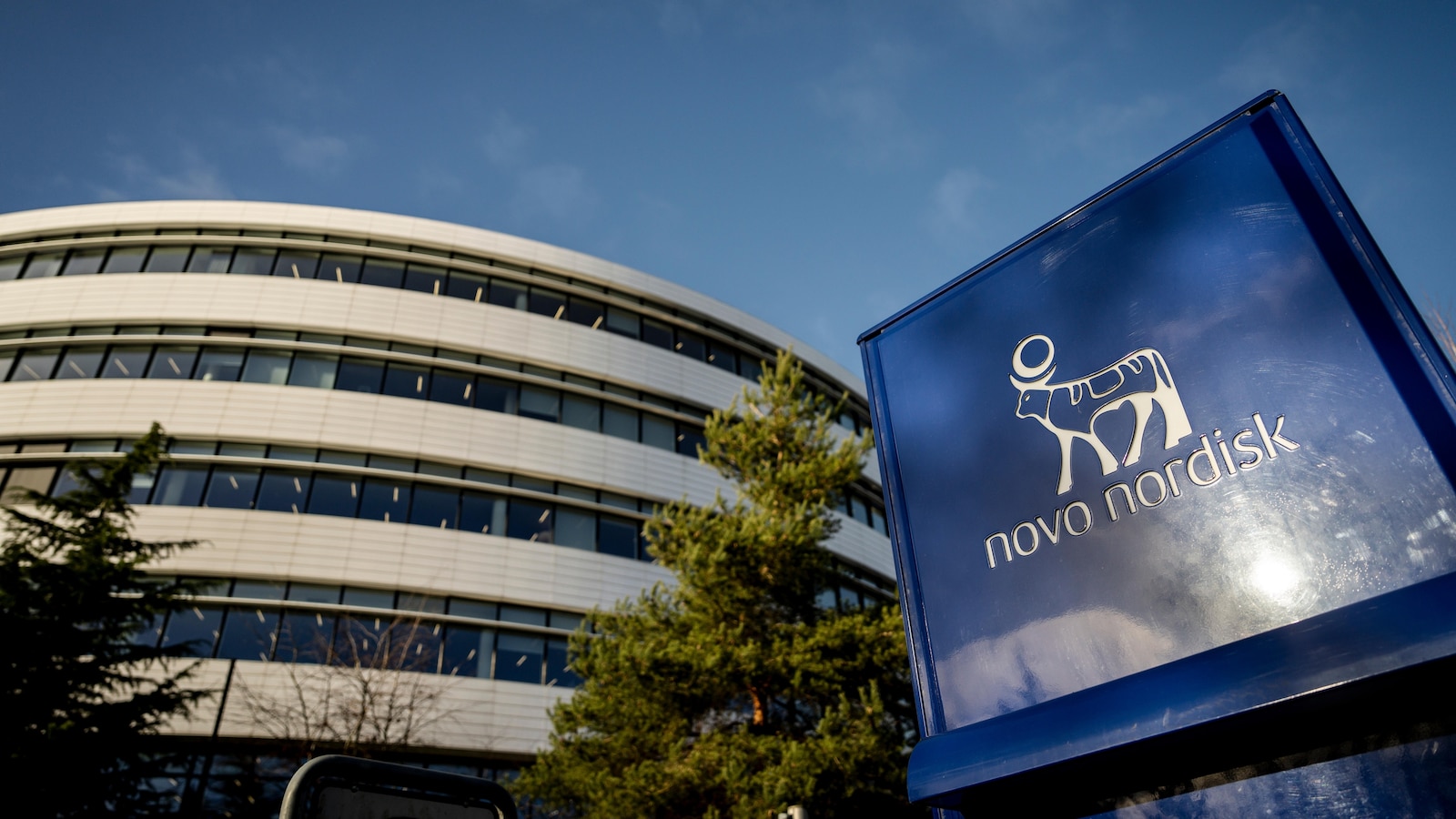
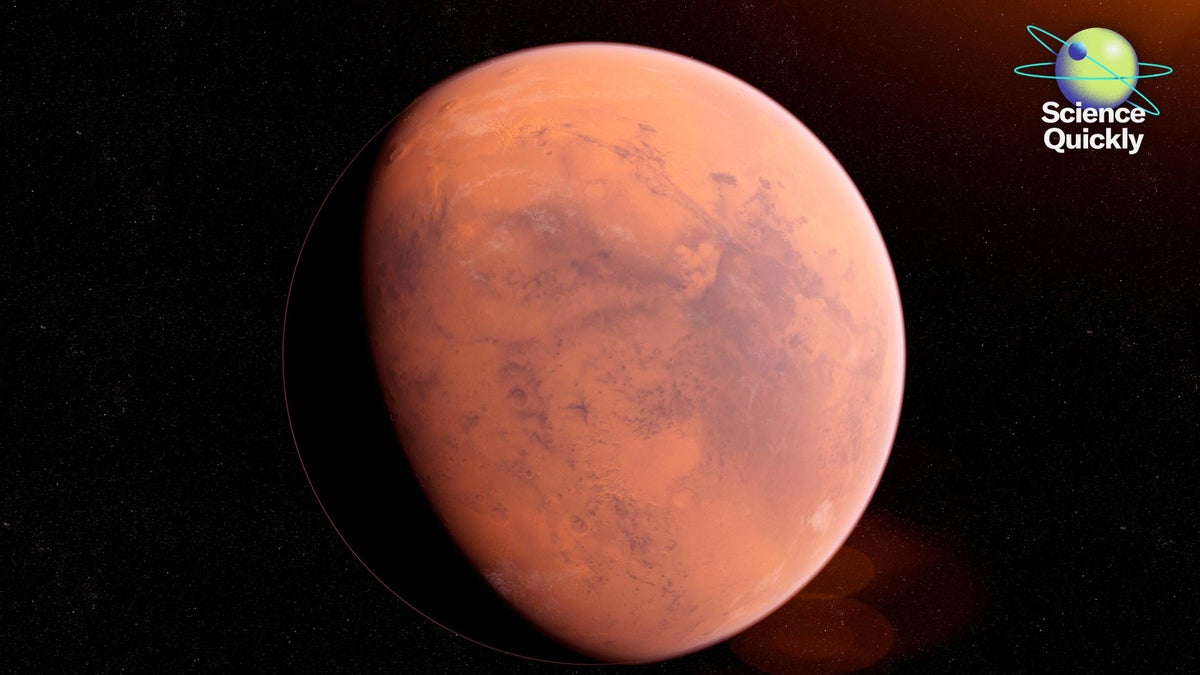

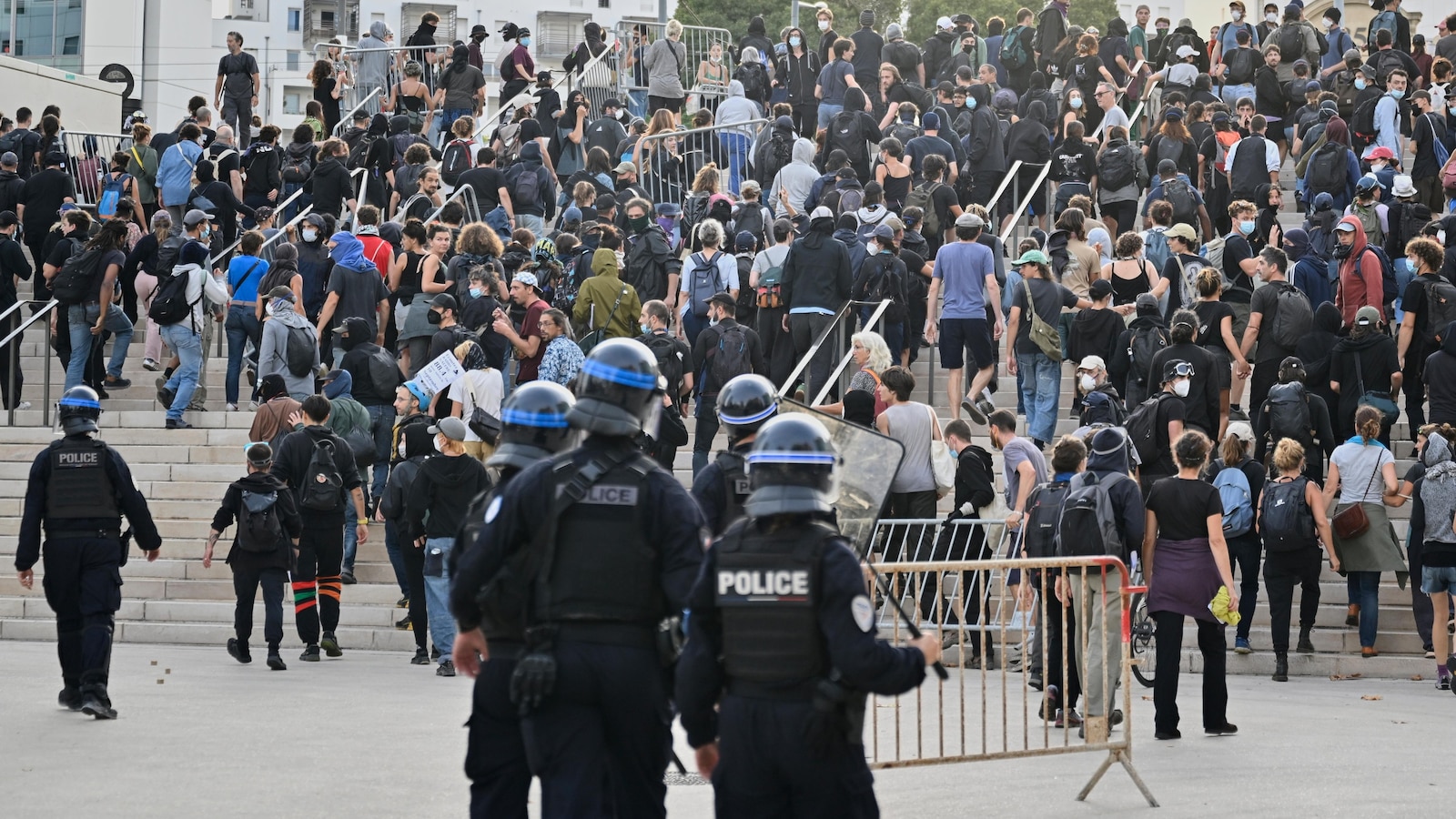
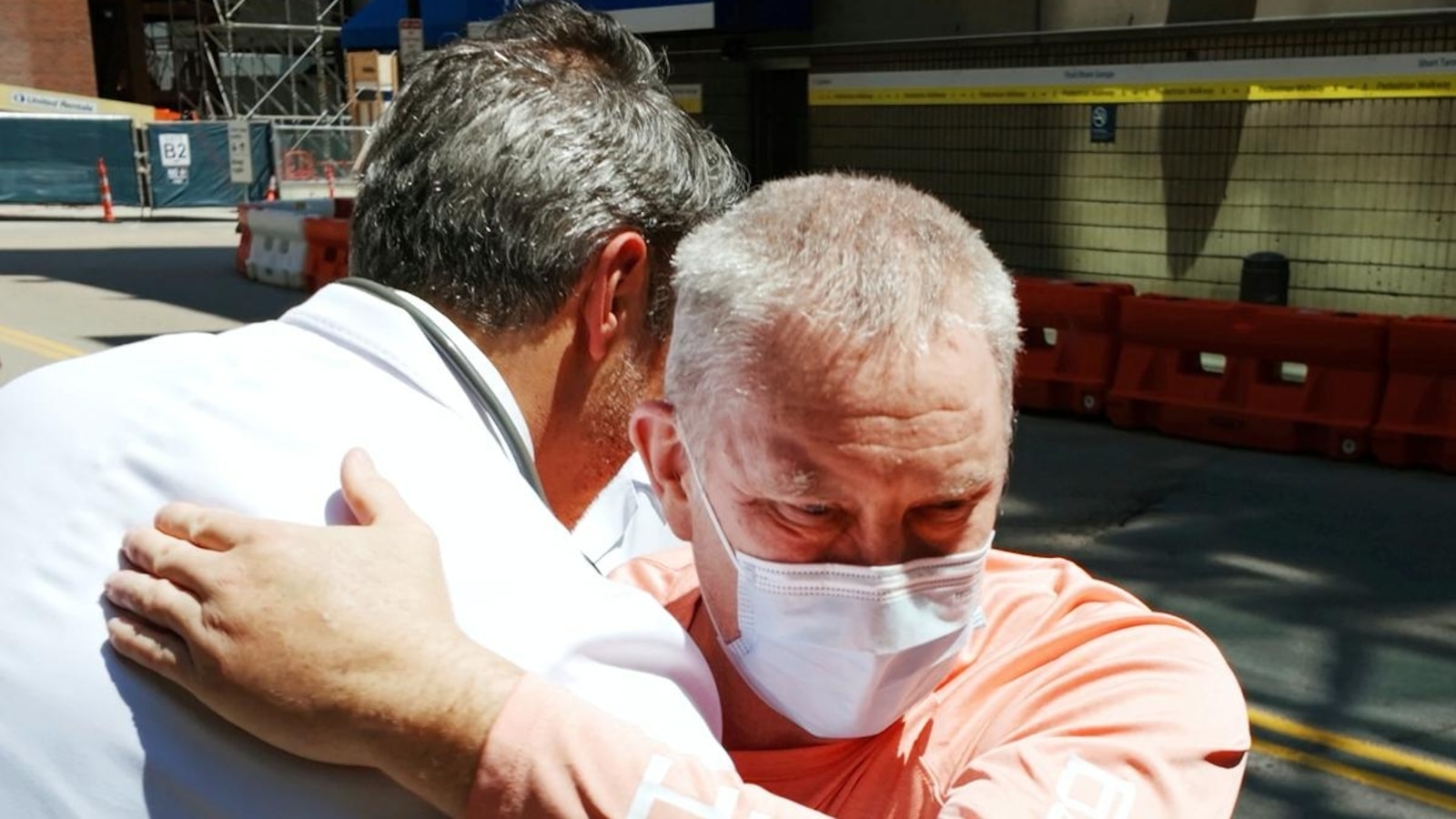

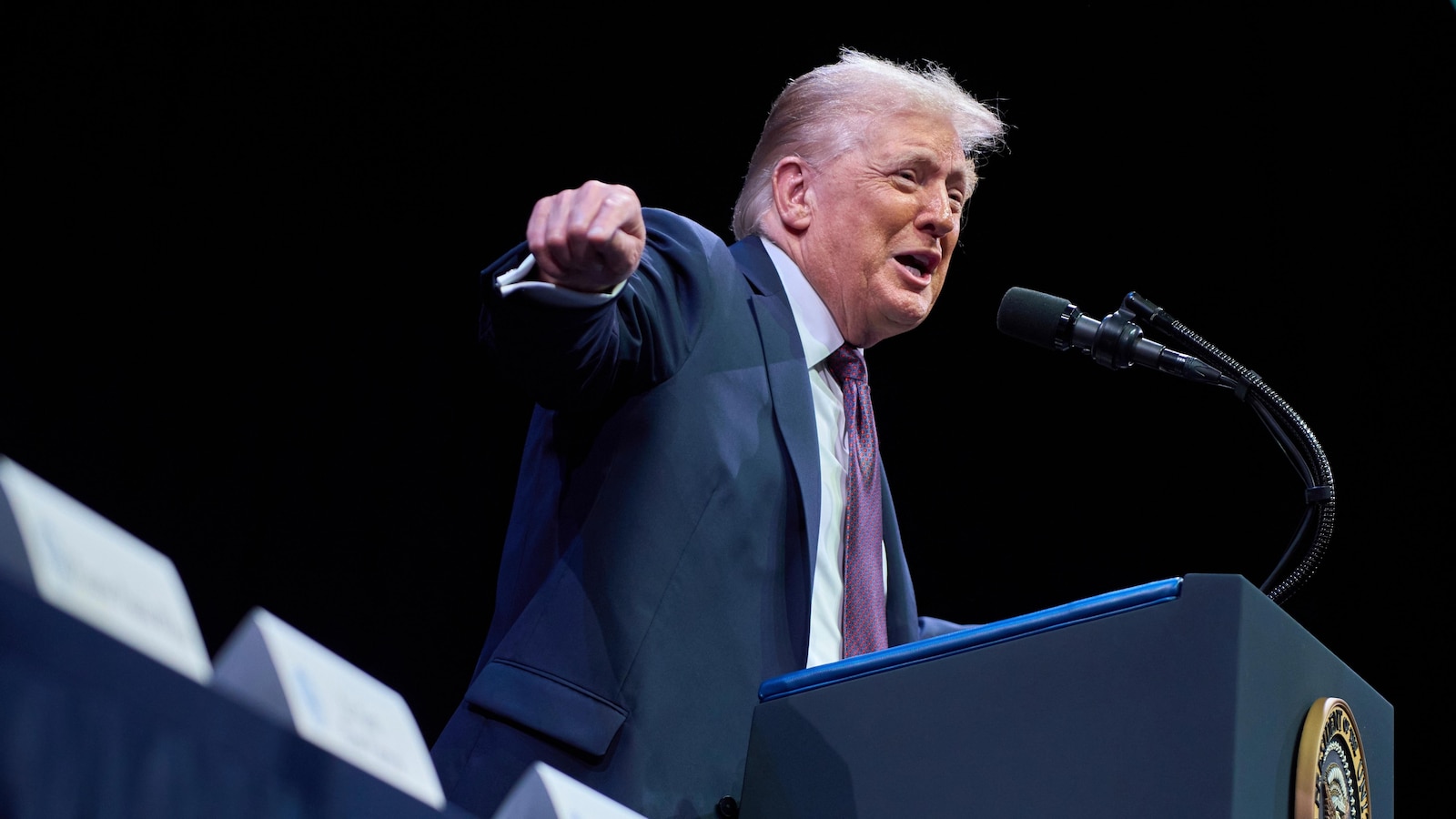

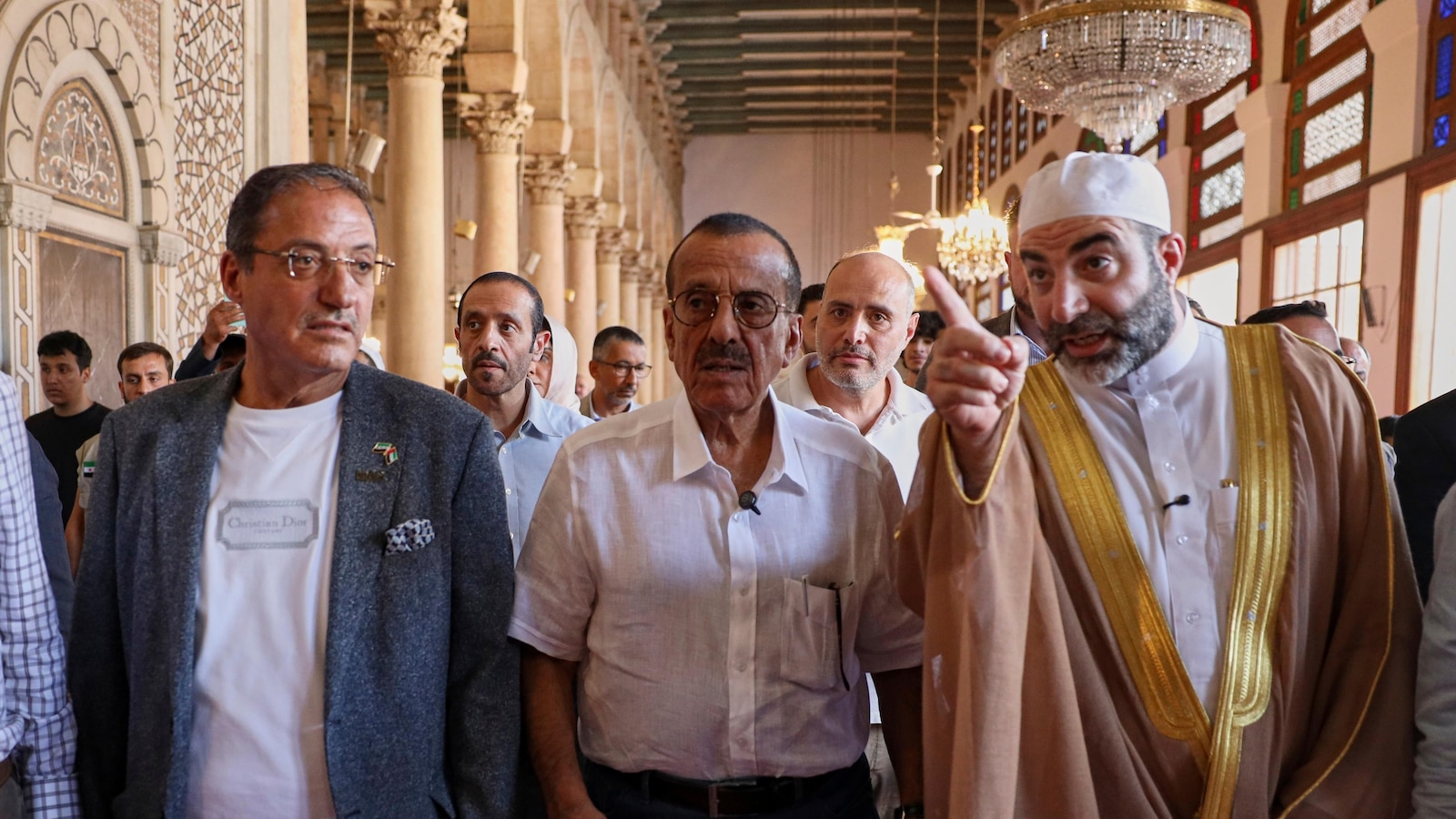



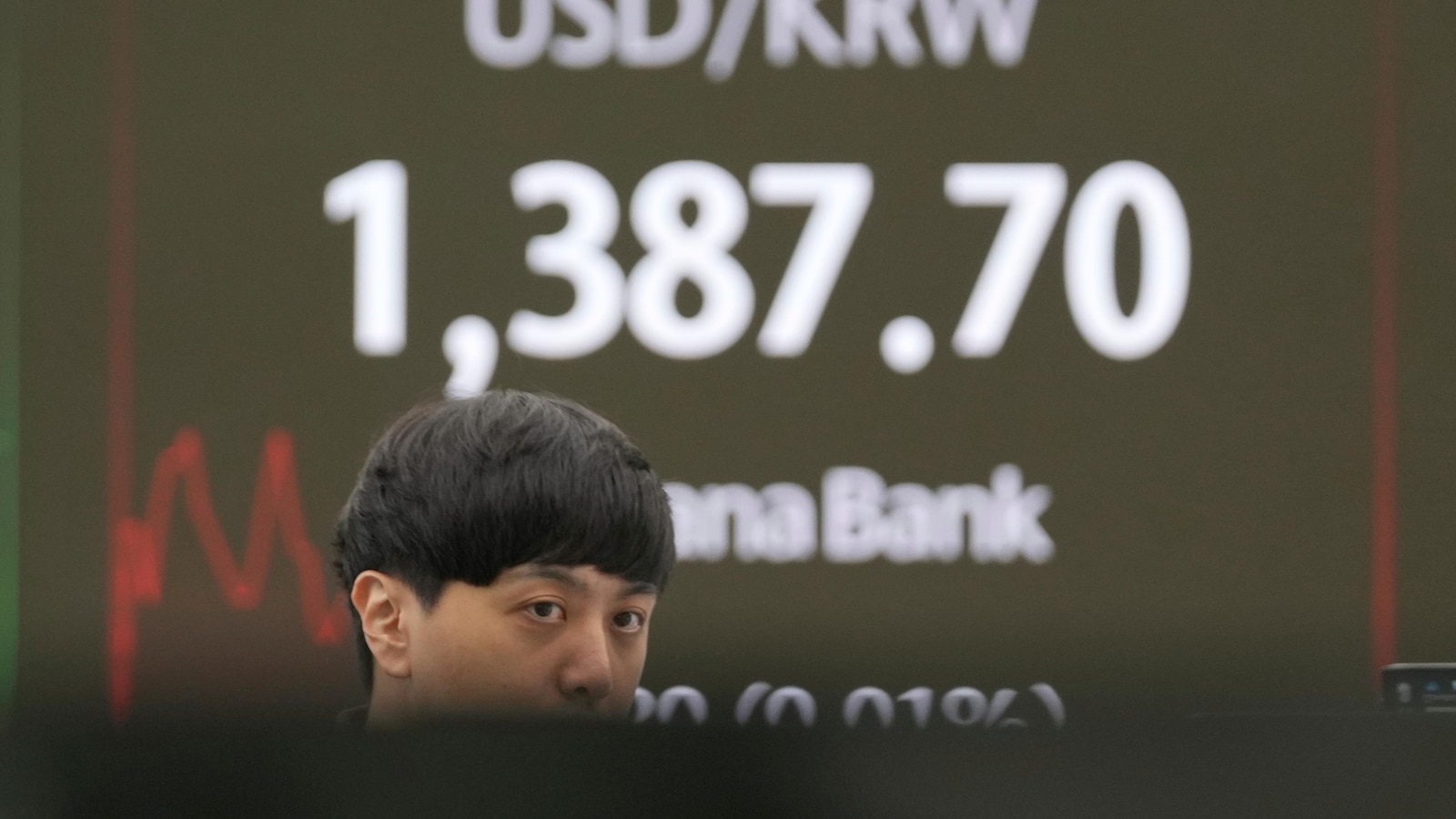


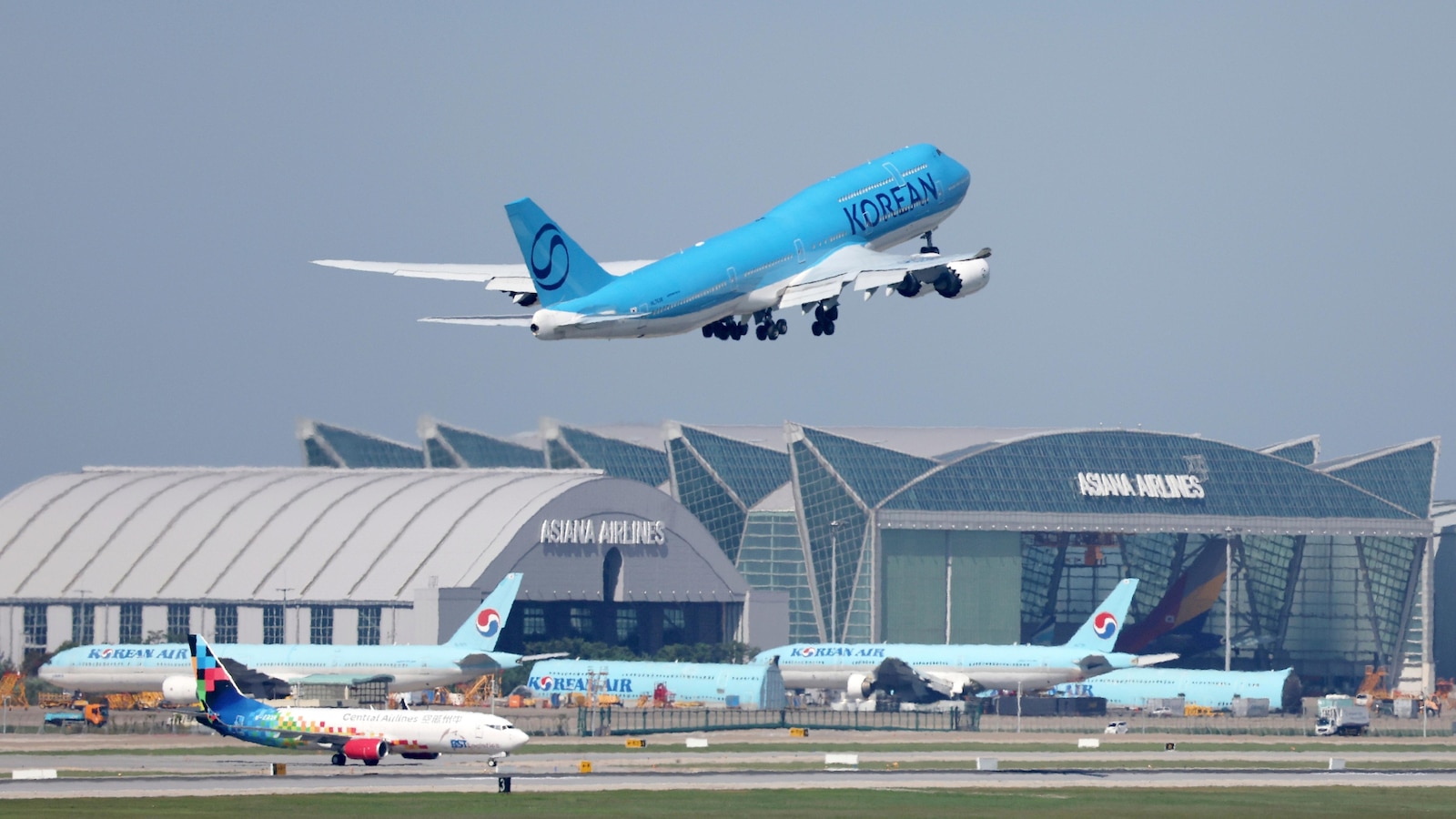

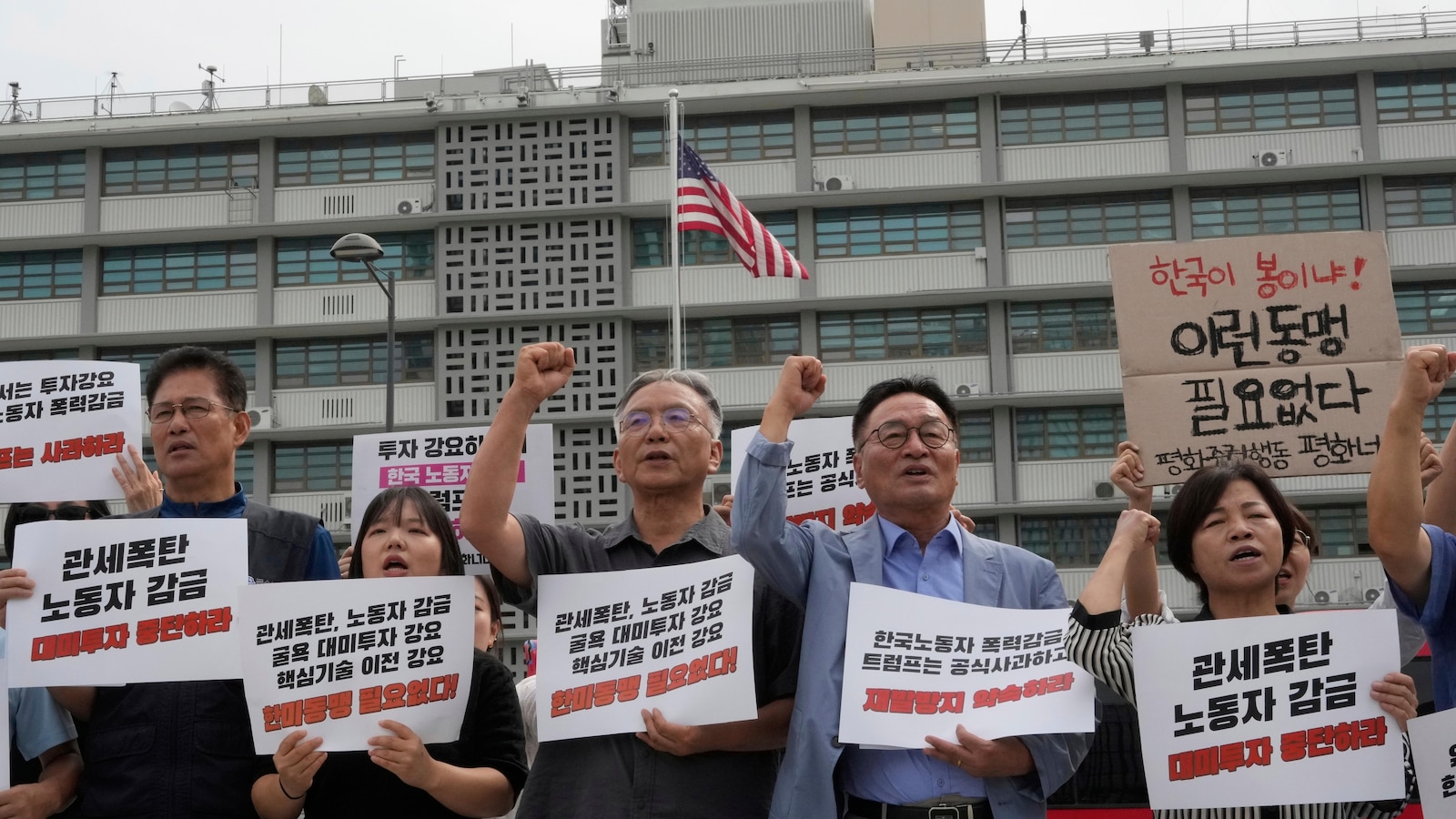
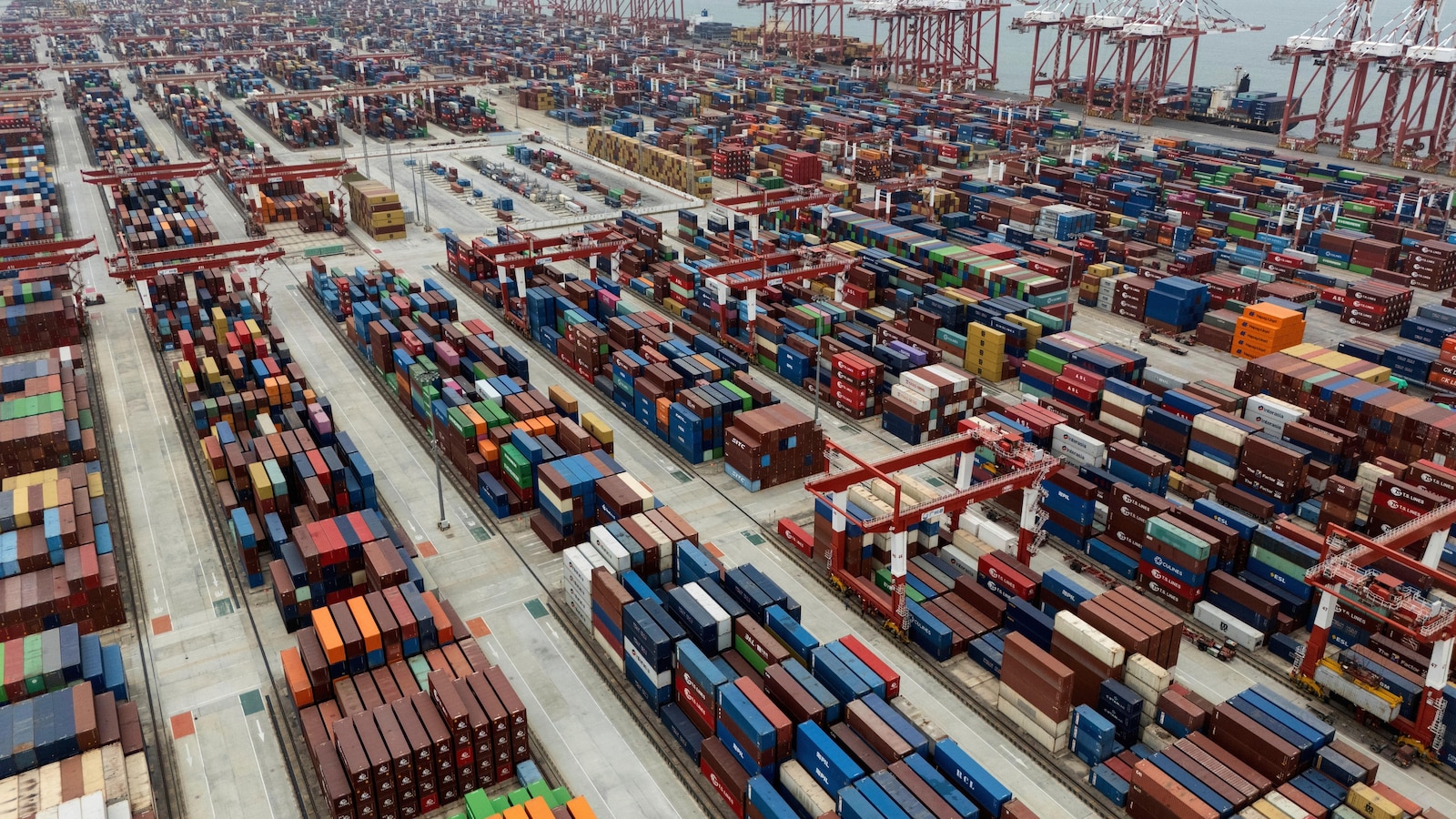

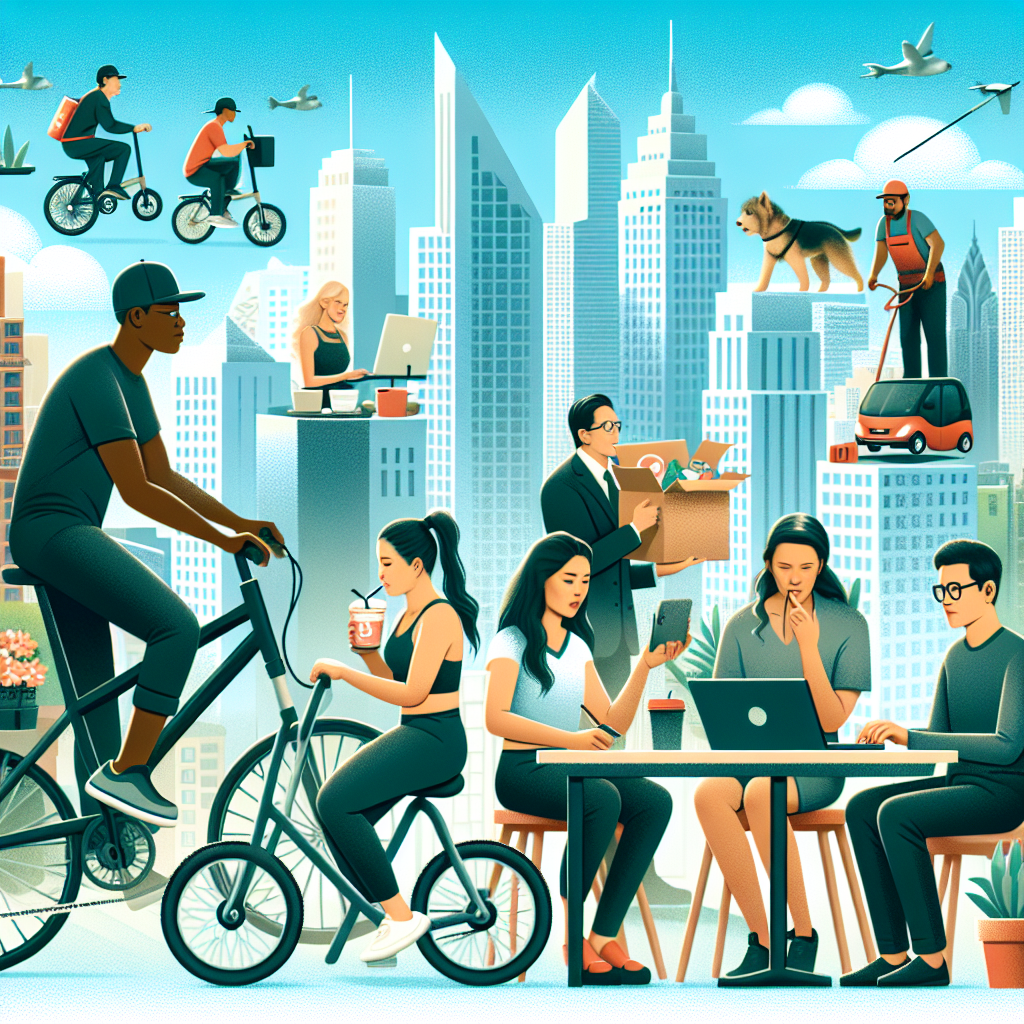
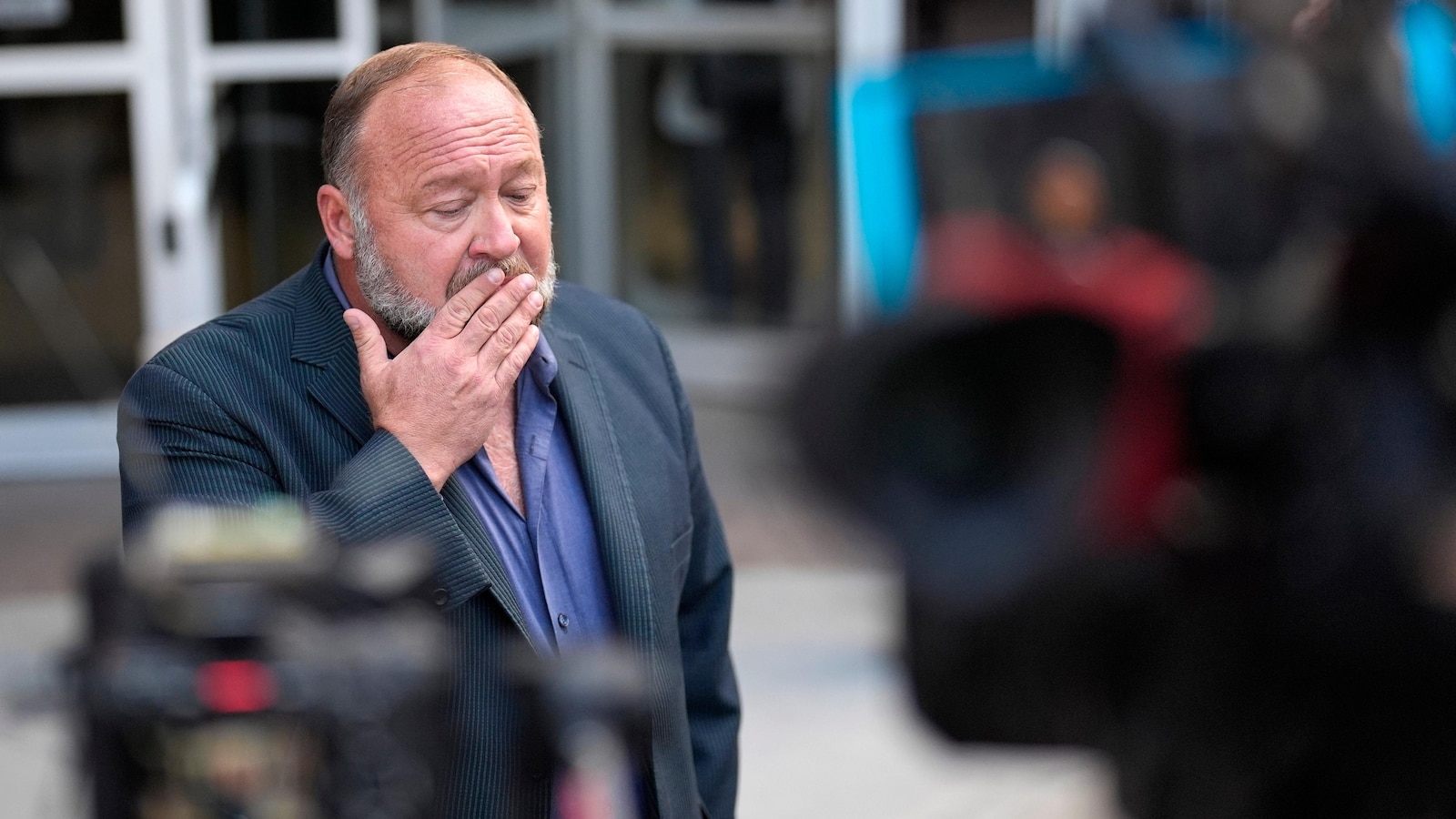



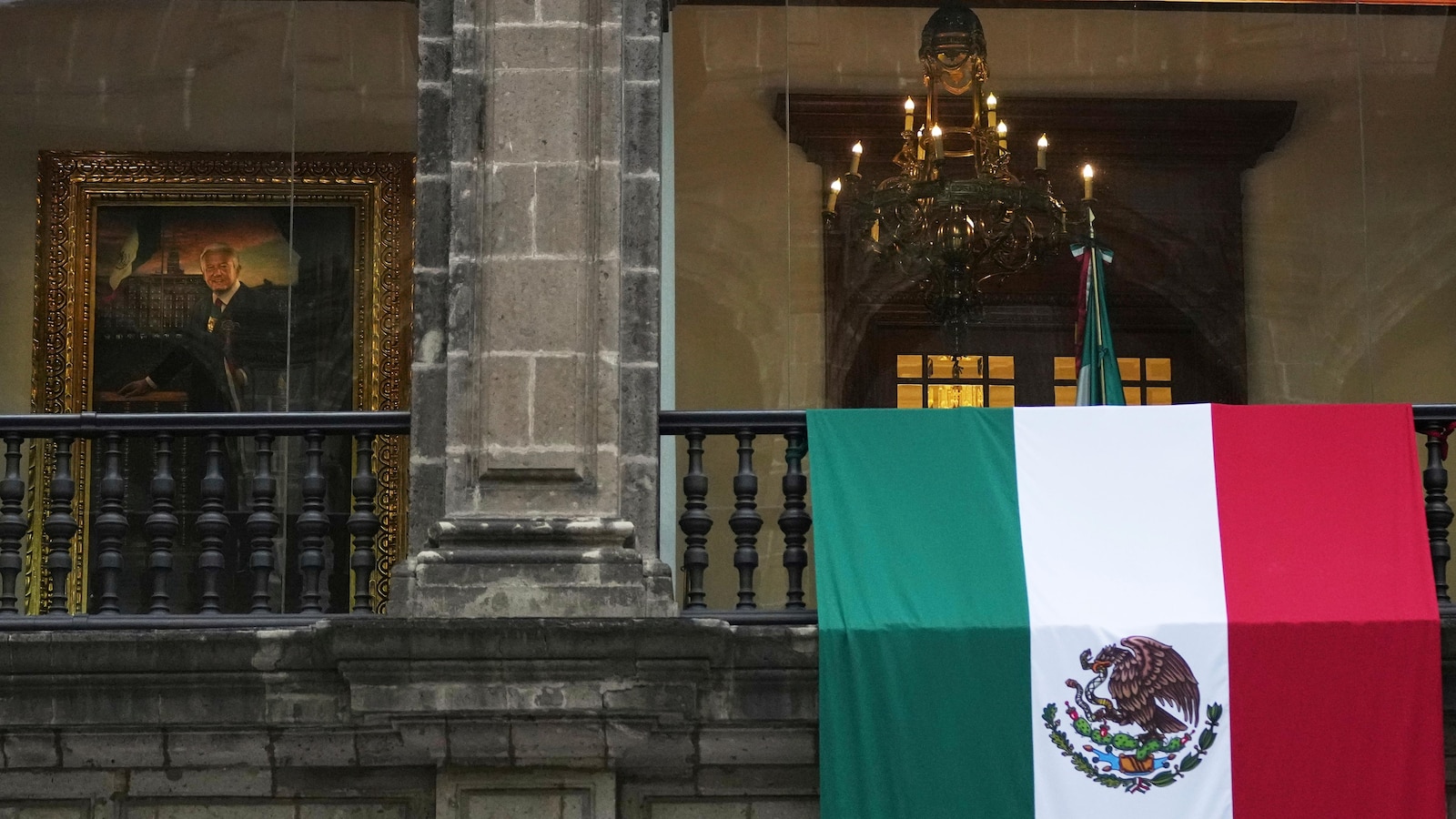
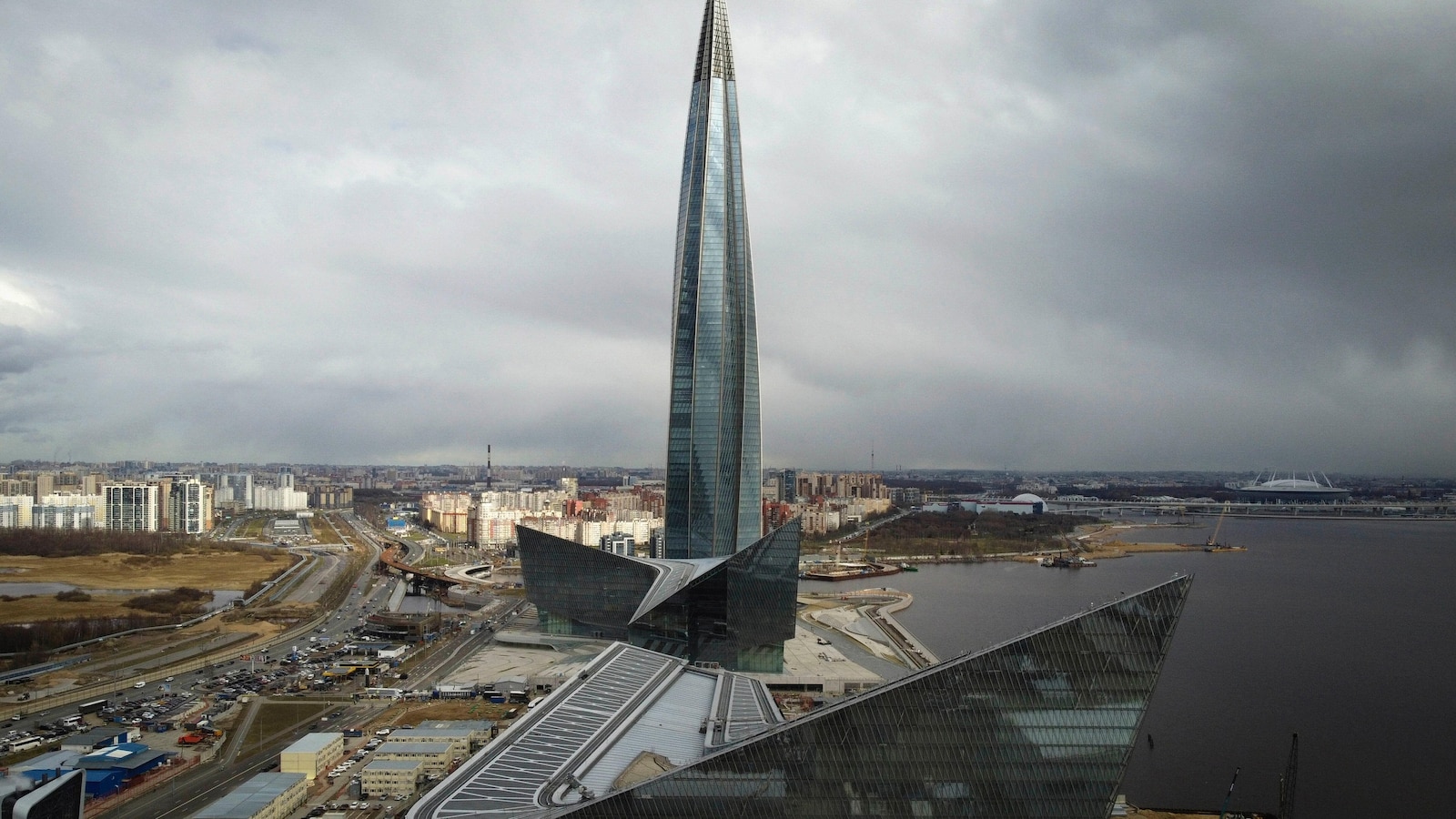

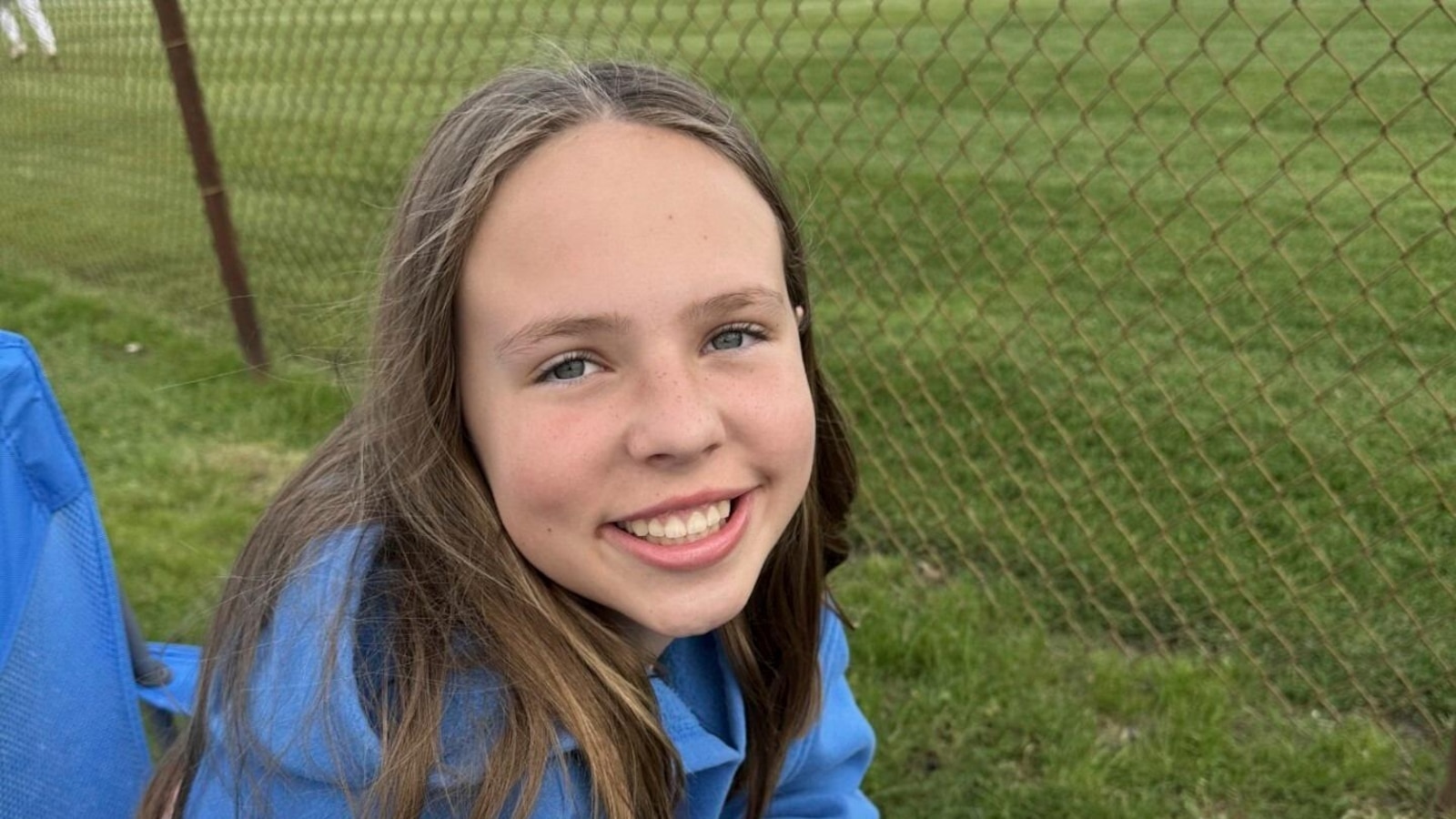
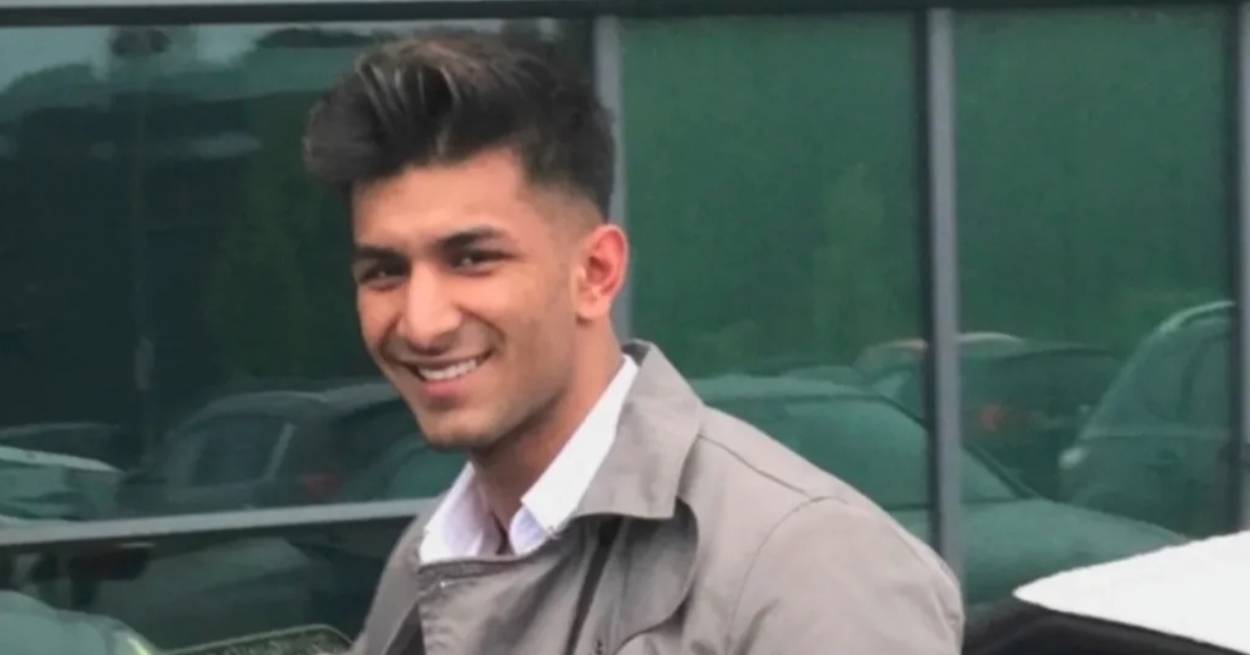
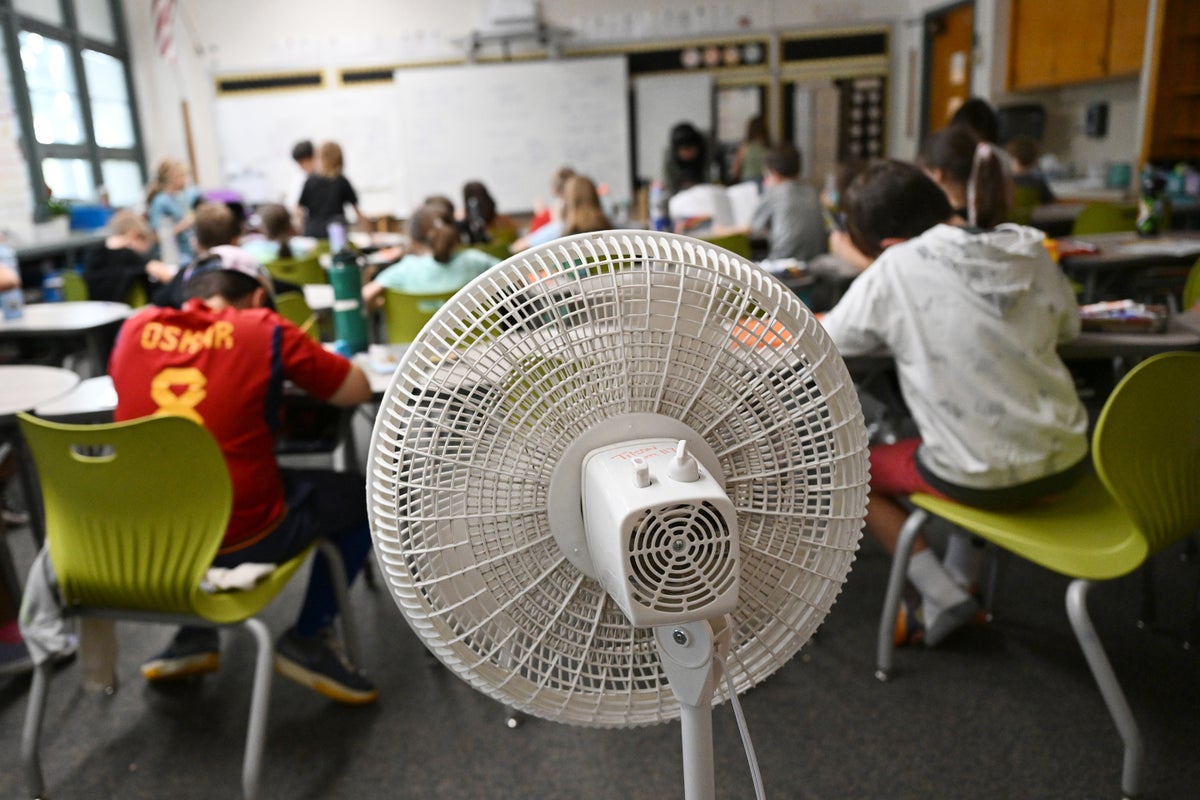
 English (US) ·
English (US) ·